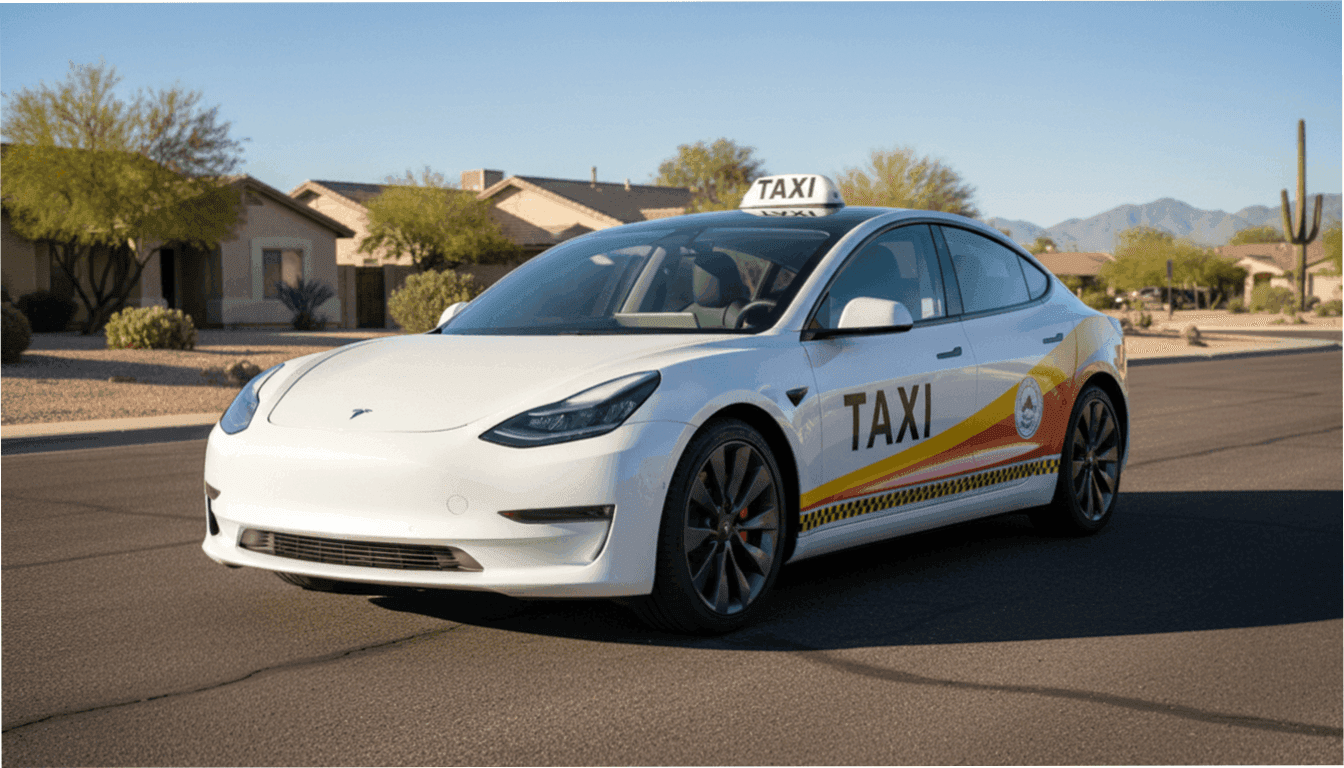Are Lexus F Models Disappearing? The Uncertain Future of the Brand’s Performance Division

For nearly two decades, Lexus F models have represented the brand’s most aggressive, high-powered vehicles. From the iconic IS F with its naturally aspirated 5.0-liter V8 to the RC F and GS F, the “F” badge has stood for mechanical performance, big engines, and a distinctly un-Lexus-like level of attitude.
But according to comments made by Takashi Watanabe, President of Lexus International, the future of those high-performance models is no longer guaranteed. In several recent interviews, including one with Australia’s Drive, Watanabe indicated that traditional F cars may not survive the brand’s transition to software-defined vehicles (SDVs).
His statements have sparked debates among enthusiasts:
Is this the beginning of the end for Lexus F?
The Legacy: What Lexus F Has Represented
The first Lexus IS F, launched in 2007, was a turning point for the brand. It took a conservative luxury sedan and transformed it into a bold, V8-powered competitor to the BMW M3 and Mercedes-AMG C63. Wide fenders, stacked quad exhausts, and a screaming engine made it an instant icon.
The F lineup expanded over the years:
IS F – The original V8 sport sedan
RC F – The powerful V8 coupe
GS F – A high-performance executive sedan
IS 500 F Sport Performance – A softer successor with an F-inspired badge
But the landscape around Lexus has changed, from emissions regulations to electrification strategies. And now the brand’s leadership is openly questioning how “F performance” should look in a digital, electrified future.
Watanabe’s Comment: A Shift Toward Software, Not Hardware
Watanabe described the F program as just “one expression” of performance, hinting that the company is moving toward new forms of driver engagement—not necessarily tied to big engines or mechanical upgrades.
He explained that Lexus is preparing for software-defined vehicles (SDVs), where performance characteristics can be programmed, unlocked, or modified digitally.
This is where the now-famous steering wheel button comes in.
Recent Lexus concepts have shown a mysterious “F-Mode” button, believed to activate a software-based performance profile. Instead of huge engines or high-flow exhaust systems, sportiness might come from:
adaptive torque mapping
digital suspension control
steering feel modulation
power distribution settings
variable sound signatures
Watanabe suggests that these features could “express” the spirit of F — without requiring a dedicated F model.
Will Traditional Lexus F Models Be Discontinued?
Watanabe avoided a direct answer. When asked whether F models will continue, he said:
“We don’t have a specific product plan where we can say this either way.”
That ambiguity is telling.
The F badge may not be canceled outright — but Lexus also isn't promising anything.
What we know so far:
No recent Lexus concepts feature an “F” badge.
New high-performance prototypes lack traditional F branding.
Lexus is investing heavily in electrification and SDVs.
The IS 500 F Sport Performance is the last remaining V8-based model.
This suggests that mechanical F cars — especially those powered by big engines — may be nearing their end.
A Glimmer of Hope: A New V8 Is Coming
Despite uncertainty around the F lineup, Toyota and Lexus are developing a next-generation V8 engine. Reports suggest this unit could power:
a new flagship Lexus sports car (commonly referred to as the LFR)
future high-end Toyota performance vehicles
possibly electrified or hybrid-assisted configurations
Why this matters:
A new V8 means Lexus is not abandoning high-performance vehicles altogether.
It may simply be reimagining what "F" means.
Why Lexus Might Be Moving Away from the F Program
There are several strategic reasons behind this shift:
1. Regulatory pressure
V8 engines are becoming harder to justify due to emissions rules.
2. Electrification priorities
Lexus plans to sell only battery-electric vehicles by 2035, making F-type ICE models incompatible with long-term goals.
3. Cost efficiency
Dedicated F vehicles require unique parts, platforms, and expensive engineering.
4. Software-defined performance is cheaper & scalable
F-Mode can be added to multiple vehicles with minimal cost.
5. Consumer preferences are shifting
Demand for raw V8 aggression is shrinking, while demand for hybrid and EV performance grows.
What Enthusiasts Can Expect Going Forward
There are three realistic scenarios for the future of Lexus performance:
1. The F brand evolves into a software performance package
Digital “F-Modes” replace hardware-heavy F models.
2. A new electrified F sports car arrives — but as a halo product
Possibly the rumored LFR, with hybrid V8 or fully electric power.
3. The traditional F lineup quietly fades out
The IS F, RC F, and GS F may never get true successors.
Conclusion: The F Badge May Survive — But Not as We Know It
Lexus isn't ready to announce the death of the F program. But it’s also not willing to promise its survival. The reality is somewhere in between:
Lexus F is evolving, not disappearing — and the next generation of performance might be powered more by software than by engines.
Until Lexus officially reveals its long-term strategy, the future of F performance remains uncertain — but full of possibilities.

